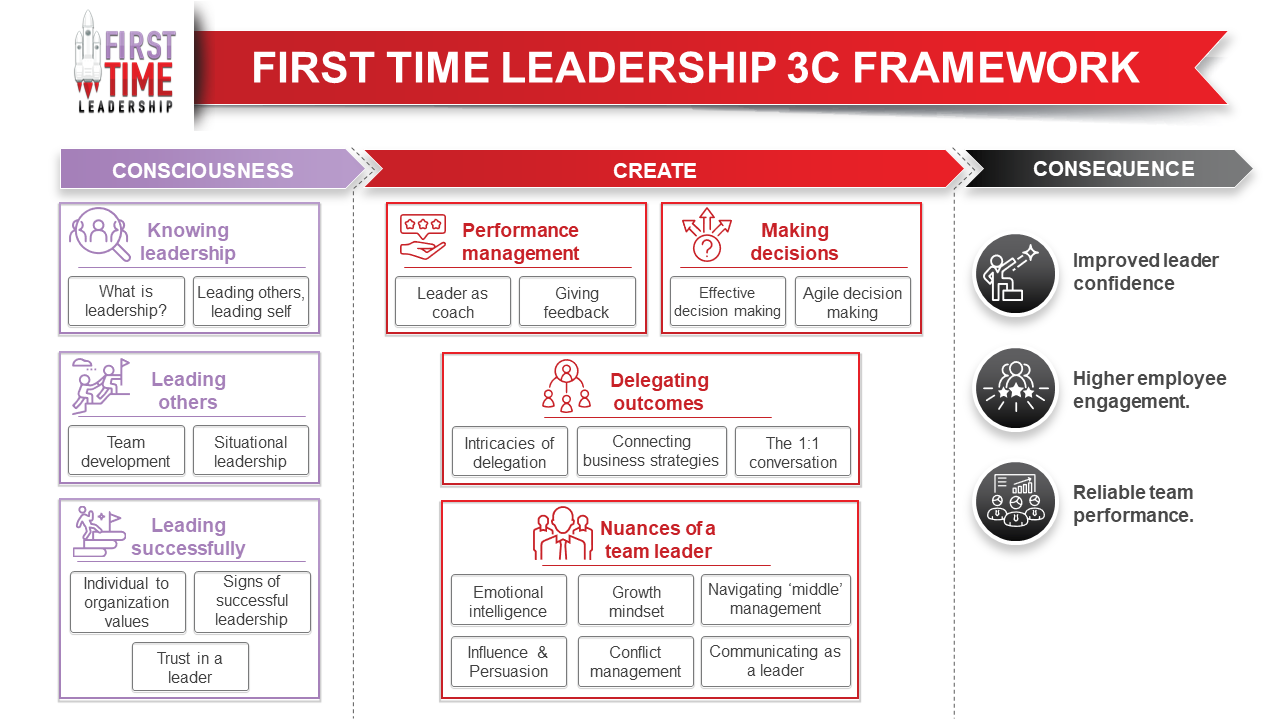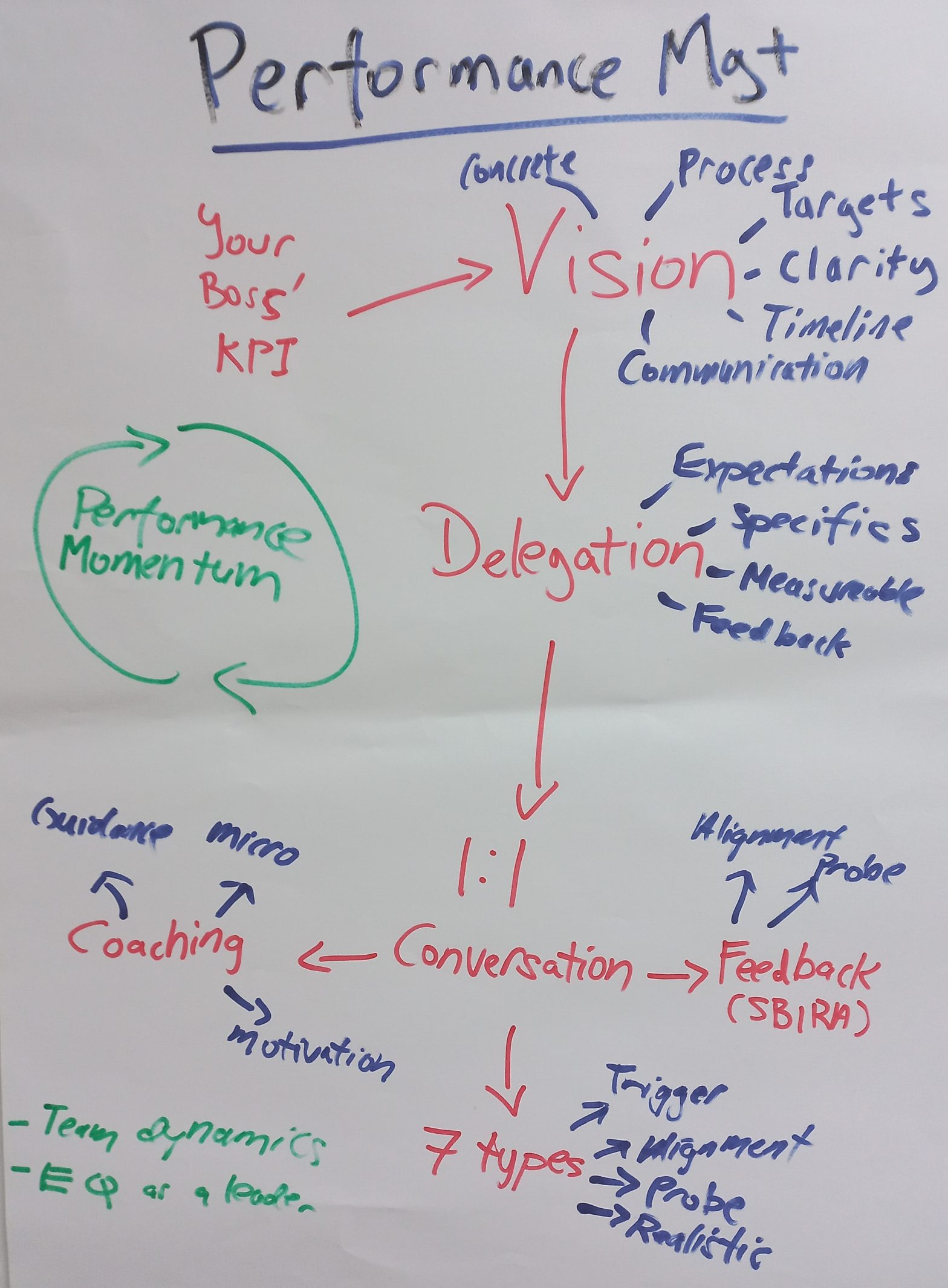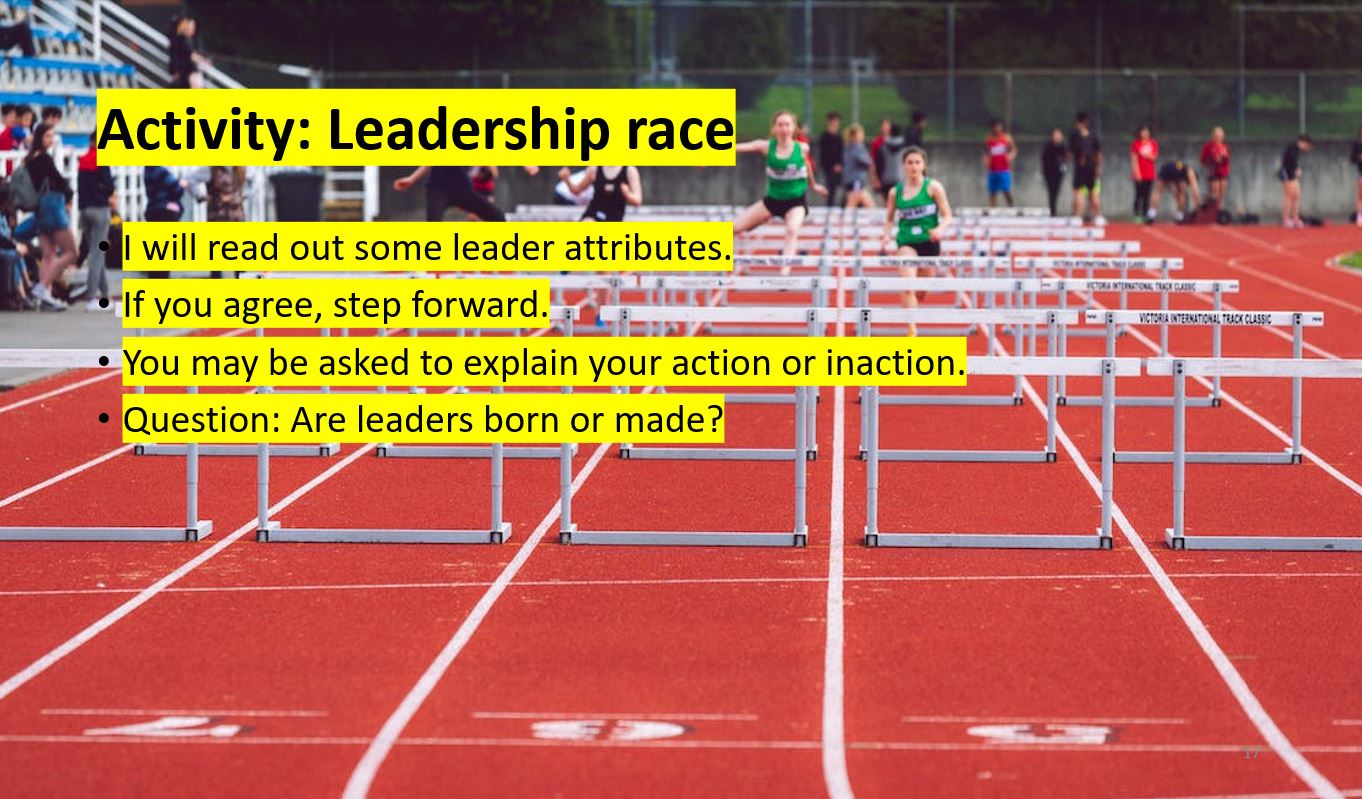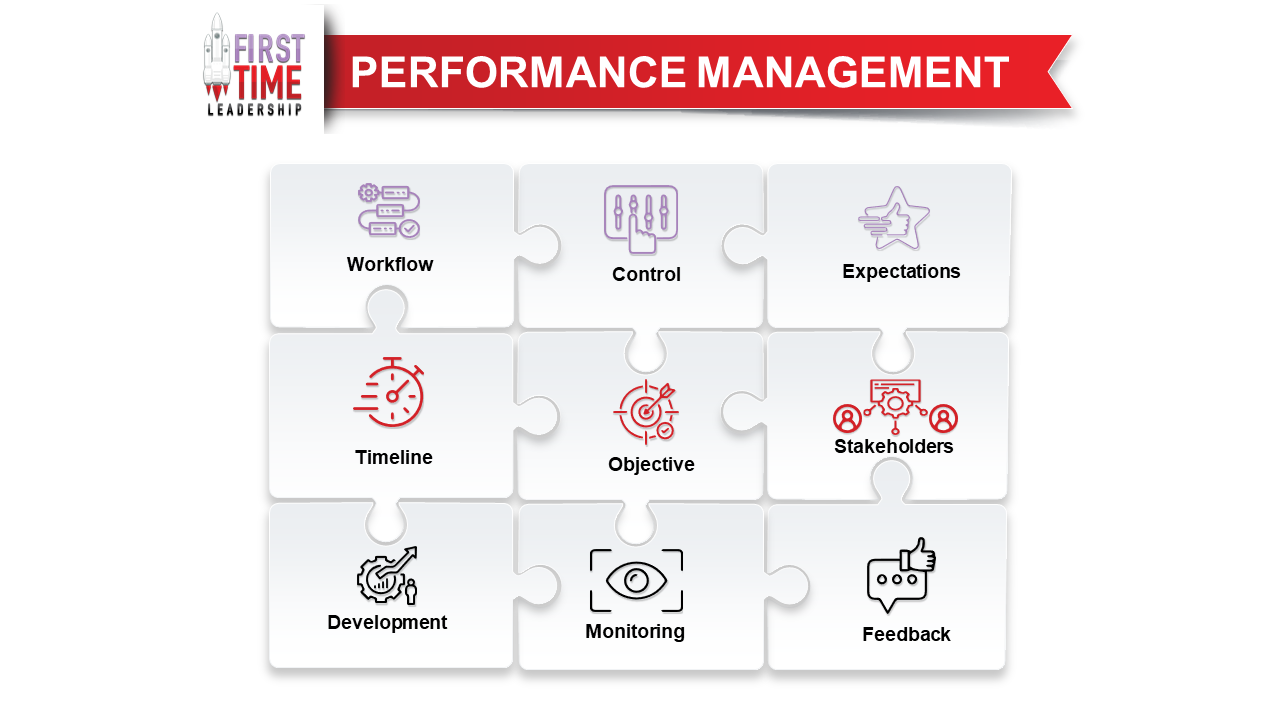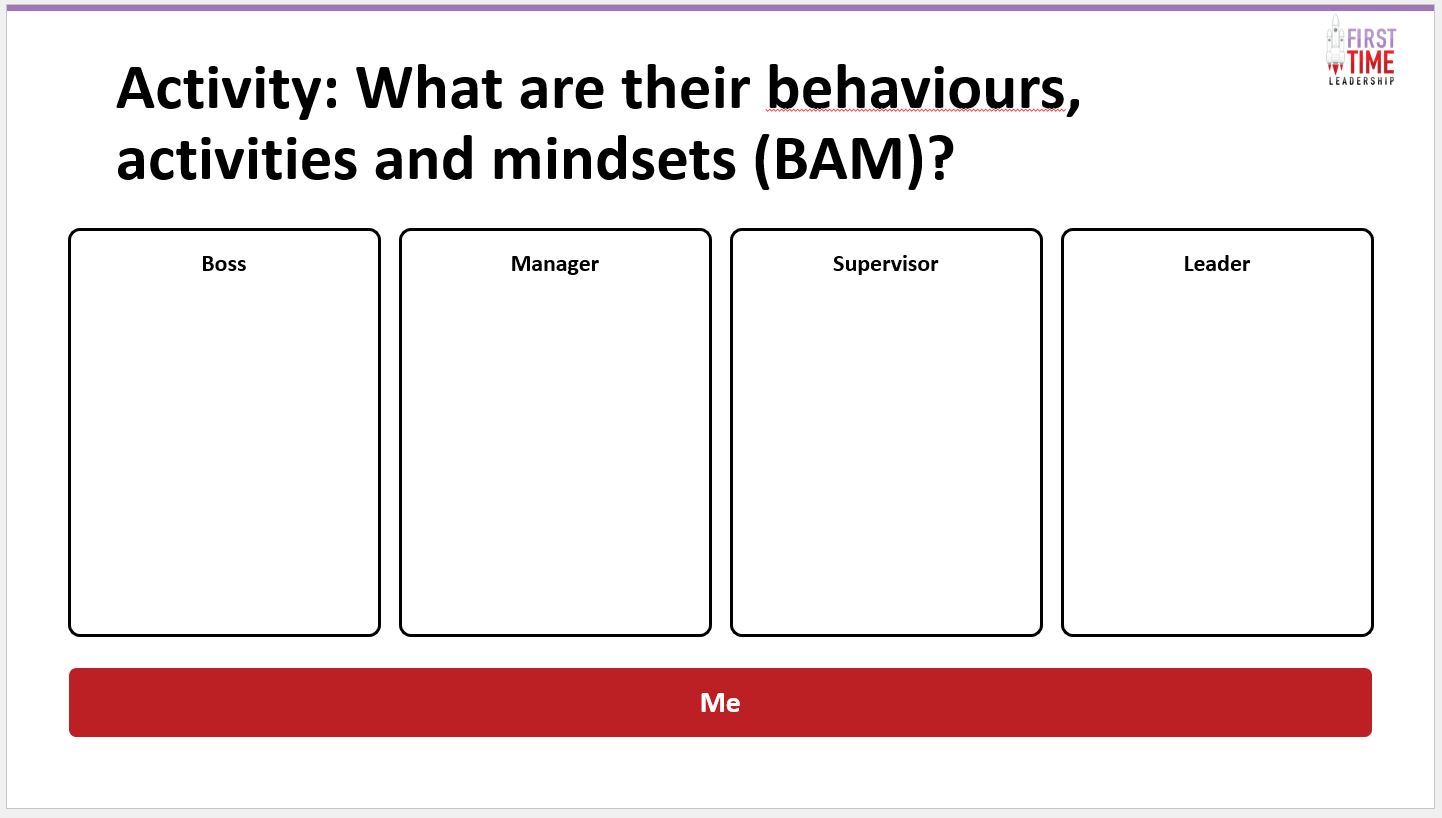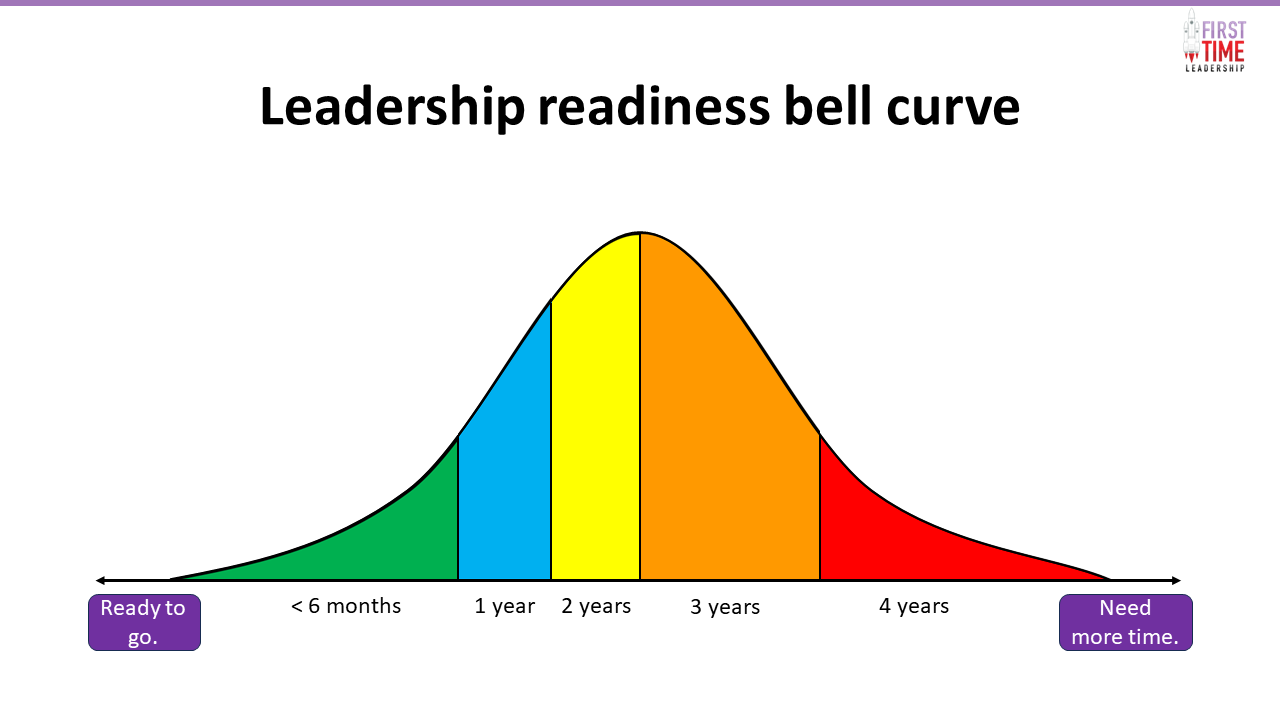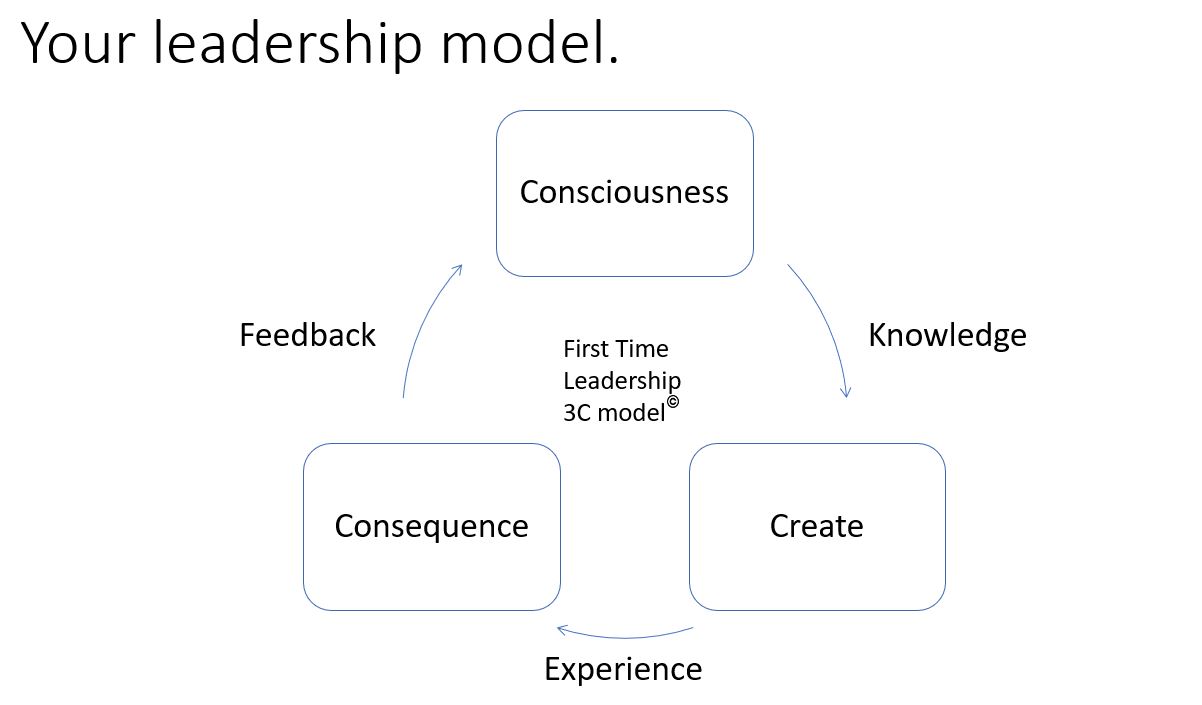This is for you
The journey of First Time Leadership has been a series of iterations.
Iteration 1: The year 2018: Interview and research
I wanted to answer the question of ‘What is leadership?’. It would be a comprehensive qualitative study on the topic. With my co-author’s (Avi Liran) support, we interviewed 220 leaders from 37 countries.
Had stacks of data to sieve through, but eventually identified 30 interconnected competencies that makes a leader successful.
Iteration 2: The year 2021: From ideas to paper
We published our book, First Time Leadership. I had a book to sell, but no idea on how First Time Leadership could be turned into a programme.
Here is the thing. Just because someone shares with you the way they lead others, does not it is immediately workable by others. I had much information in my head, but to convert it into a sensible programme was a tough start.
Iteration 3: The year 2022 to 2023: Refinement
Over this period, much of the information from the interviews had turned into concepts. Through a series of fortunately events and opportunities, I was able to test out many of those concepts. Over time, I was able to create programmes where the concepts were teachable, and appliable by others to their own levels of success.
One thing that continued to elude me was creating an actual structured curriculum, because it has to be based on what people wanted.
Finally, Iteration 4: 2024: Framework and curriculum
I noticed, generally speaking, my clients fell into 3 categories:
Category 1: Time-squeezed
They have new leaders, but only time for a 1-day programme at most. I found that more or less focusing on the modules under the ‘Consciousness’ column works, because it helps their leaders to rid of inaccurate understanding of leadership, to knowing what leadership actually is.
Category 2: Willing to invest
Some want their leaders to be able to lead well, and so I found a 2-day programme covering the entire ‘Consciousness’ column, as well as the modules from ‘Nuances of a team leader’ under the ‘Create’ column gives a firm foundation.
Category 3: Driving team performance
Finally, there are those who see a need to have their team leader be better drivers of team performance, and for their team leaders to know how to do so reliably. A 2-day programme covering roughly the modules from ‘Performance management’, ‘Making decisions’, and ‘Delegating outcomes’ under the ‘Create’ column does the trick.
Ultimately, every successful team leader has 3 things:
Confidence: They know what leadership is, and that knowing give that improved leadership confidence.
Engagement: Because they know what leadership is, they can be intentional leaders. This puts them in a stronger position to achieve higher employee engagement levels.
Performance: A confidence leader, coupled with higher levels of team engagement, eventually leads to reliable team performance levels.
You are receiving this because:
Iteration 1: You were an interviewed contributor to our research.
Iteration 2: You supported my start by buying the book.
Iteration 3: You gave me the opportunity to work with you in some meaningful way.
And because of this, you helped me get to Iteration 4: A fleshed out programme curriculum under a sound framework.
So, a big thank you, and here’s to the next iteration to come.
